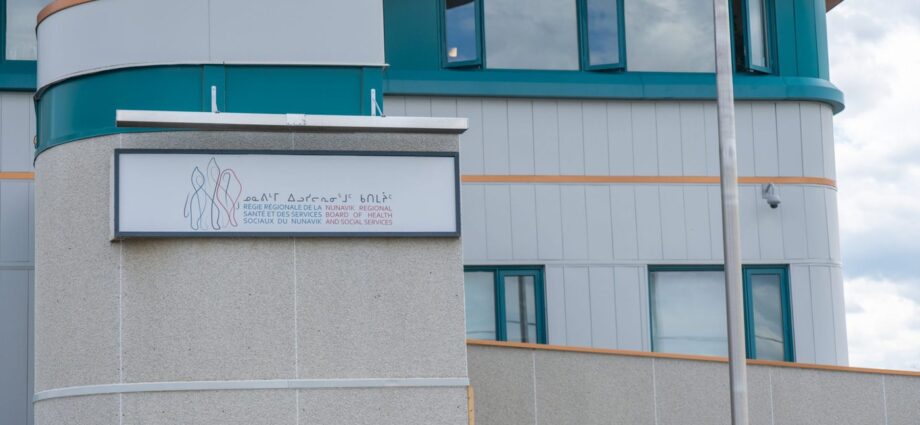
By Cedric Gallant, Local Journalism Initiative Reporter, Nunatsiaq News
July 13, 2023
There are tuberculosis outbreaks in five Nunavik communities but the region’s health board won’t say which ones.
The region has seen 58 new cases across six communities since the beginning of 2023, the board confirmed in an email to Nunatsiaq News.
However, the Nunavik Regional Board of Health and Social Services said it’s not revealing which communities are dealing with outbreaks at the request of community members to avoid stigma associated with the disease.
The board keeps each community informed of their cases individually by contacting municipal offices, health centres and wellness committees.
Those groups take care of informing the community through local radio or Facebook.
A TB regional committee is also in place, where mayors and leaders of regional organizations meet to discuss the topic.
Salluit’s municipal officed confirmed to Nunatsiaq News that the community’s annual music festival, which was supposed to start at the end of June, was postponed to July 29 due to a TB outbreak.
“Even though a community might be going through an outbreak,” said Dr. Yassen Tcholakov, the board’s clinical infectious disease lead, “people can still travel to these communities, walk and do activities, there is no significant risk of contamination.”
Tuberculosis is a bacterial infection that is treatable with medication. Symptoms include a lingering cough, malaise, loss of appetite, fever or night sweats.
The reason for the uptick in cases is due to the lack of screening during the COVID-19 pandemic. Tcholakov said this has been observable worldwide, but Nunavik deals with a higher concentration of cases than in most places.
He said he is trying to take additional steps to lower the number of cases, but there is a lack of resources available.
“We asked other regions to help,” Tcholakov said. “We asked at the provincial and federal levels for resources, health and non-health workers to help with screenings.”
If someone shows symptoms of the disease, “we invite everyone to come screen themselves” at a local health centre.
The number of cases is expected to rise once mass screening begins in affected communities. Screenings started in 2022, and more are planned this fall and into next year.
“We are working towards total elimination of the disease,” said Tcholakov, “but this is going to take a lot of time, more than a few years at least.”
He said that supporting close friends and family members who are going through tuberculosis treatment is crucial.
“Treatment can last a long time, and it requires dedication,” he said. “After a few weeks, people start to feel better, and it becomes even more difficult to stay on track.
“If they stop treatment, they will be sick again after a few months.”
To limit the spread of the illness as much as possible, he suggests good ventilation in homes and other buildings.
Subscribe to our newsletter.
“Tuberculosis is a disease that stays in the air,” Tcholakov said. “If someone stays in one place, that place becomes contaminated. If you open windows, that air is then replaced.”


